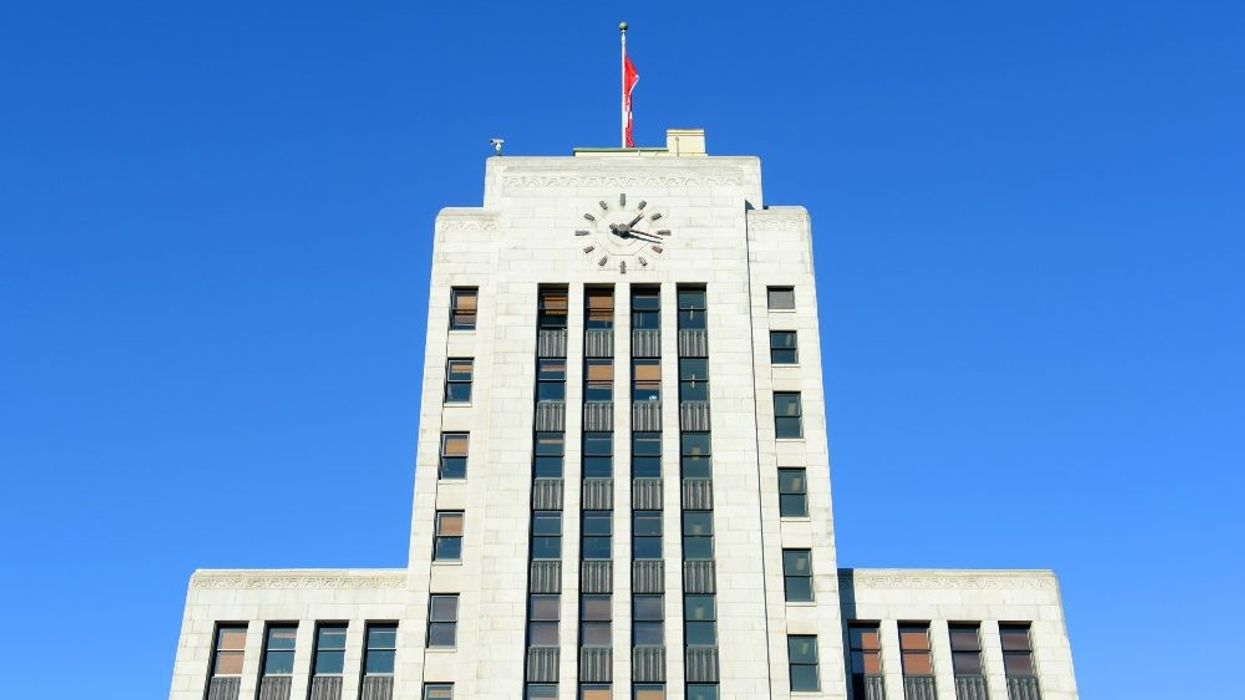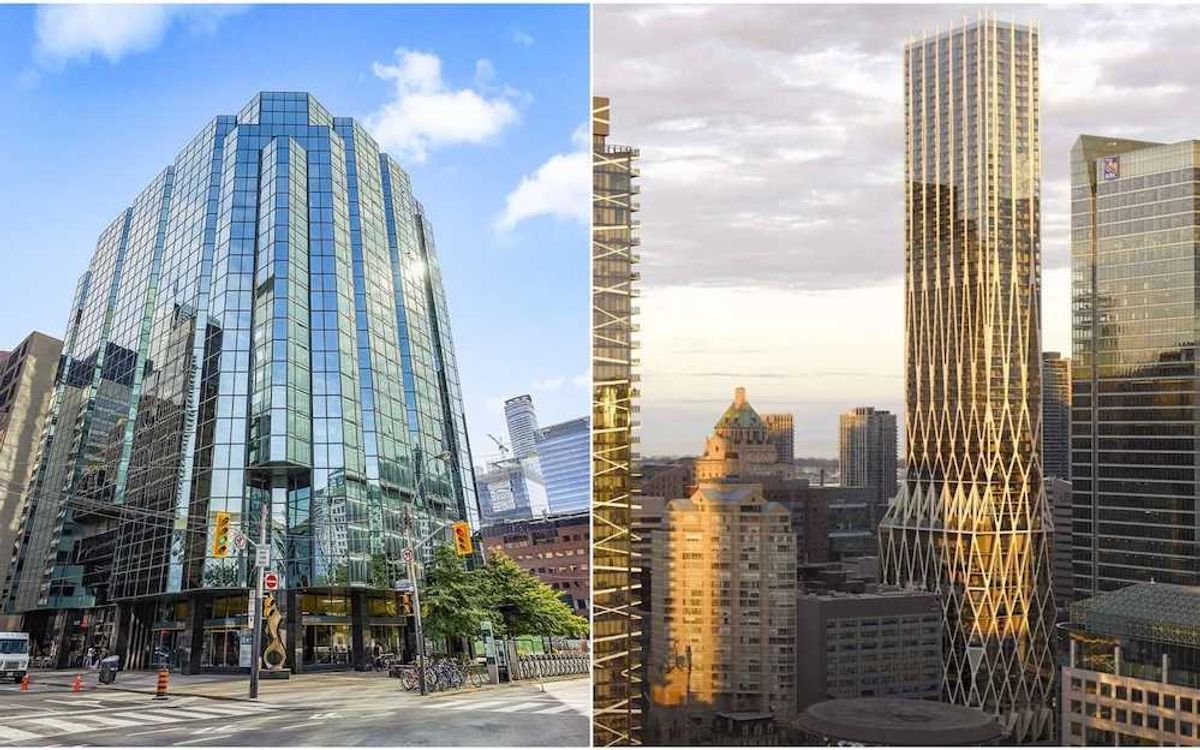Developers across Vancouver have voiced concern for the high construction costs they faced in the past year, and the City is now hoping to provide a bit of relief when it comes to development cost levies (DCL). Kind of.
In a Standing Committee on Policy and Strategic Priorities meeting on July 26, the City of Vancouver is expected to approve an 8.3% increase to DCL rates, which are charged on most development projects unless a waiver is obtained.
"This adjustment reflects the annual increases in the cost of land and non-residential construction, both of which are key inputs in the City's delivery of growth-related amenities and infrastructure," the City says, and "allows the City to keep pace with the increasing cost of providing growth-related amenities and infrastructure."
However, City staff are recommending the 8.3% increase be deferred until next year, coming into effect on September 30, 2024.
The City of Vancouver assesses its DCL rates -- as well as community amenity contributions and density bonus contributions -- annually, in what it calls "inflationary rate adjustments."
The City also conducts a comprehensive review of its DCL rate schedule every four years, to account for changes in the industry, market conditions, and the city.
This most recent comprehensive review was last conducted last summer, when Council approved increases that would come into effect in two phases, the first of which hit last year. The remaining 12% to 20% increase (depending on rate category) is set to come into effect on September 30, 2023.
"If the City were to apply the annual inflationary adjustment in addition to the pre-approved DCL rate increases, this would result in significant total DCL rate increases of 20% to 30% for 2023," staff said in a report to Council.

In light of this, and "the uncertain real estate market conditions," staff are recommending this year's inflationary adjustment come into effect alongside next year's inflationary adjustment, which has yet to be determined.
In other words, there is still going to be an increase this year, but not as big of an increase as there should be, and the hope is that kicking the can down the road -- after a year of Bank of Canada interest rate increases -- will provide some short-term relief, avoiding a double increase this year that could severely hinder construction and the housing supply.
"An independent review found that in Vancouver, development contributions result in downward pressure on the cost of land, which supports affordability," staff note. "This review also confirmed that when rates are set based on economic feasibility testing, rates will not negatively impact housing affordability or the supply of job space and development sites. If rates are set too high or do not allow sufficient time for the industry to adjust, then the supply of new housing and job space could be negatively impacted, especially in the short-term."
READ: Vancouver To Launch Online Development Permitting Tools, Cutting Down Review Time
Staff estimate that if the 8.3% increase and deferral to 2024 are approved, the City would forego $10M in DCL revenue.
The rate adjustments were determined in consultation with Vancouver-based urban development analysis firm Coriolis Consulting, and the City says it has already notified local industry groups, including the Urban Development Institute, National Association of Industrial and Office Properties, and Homebuilders Association Vancouver, who have not provided any feedback as of July 11.




















